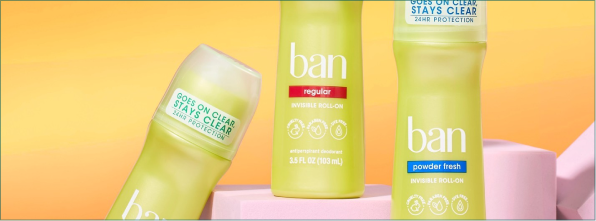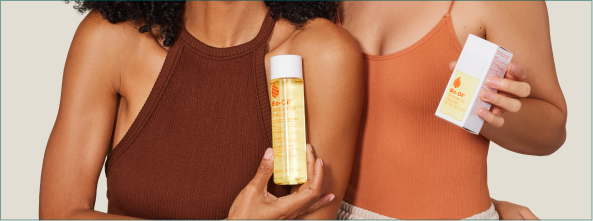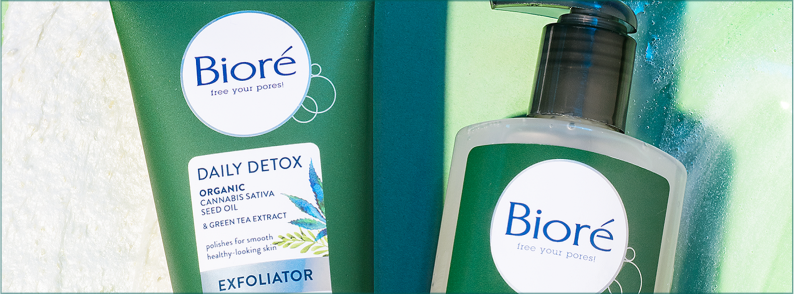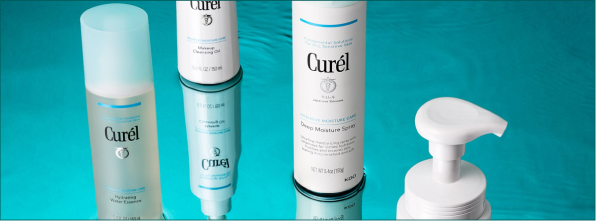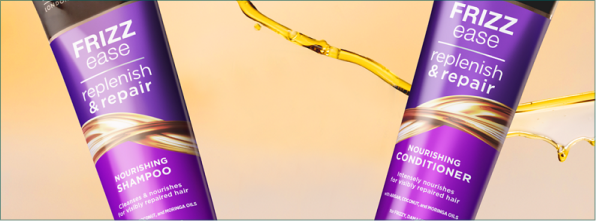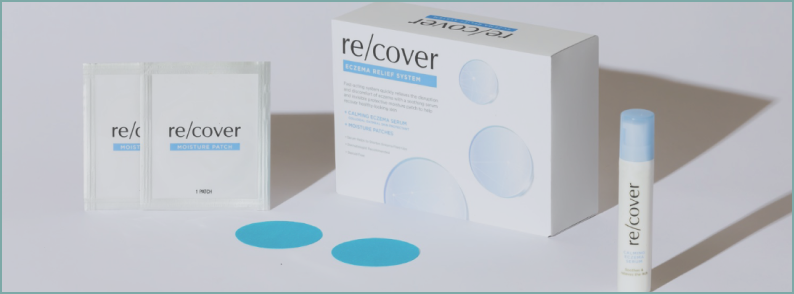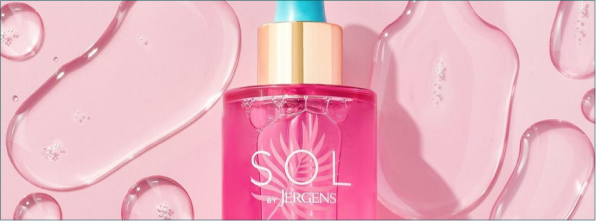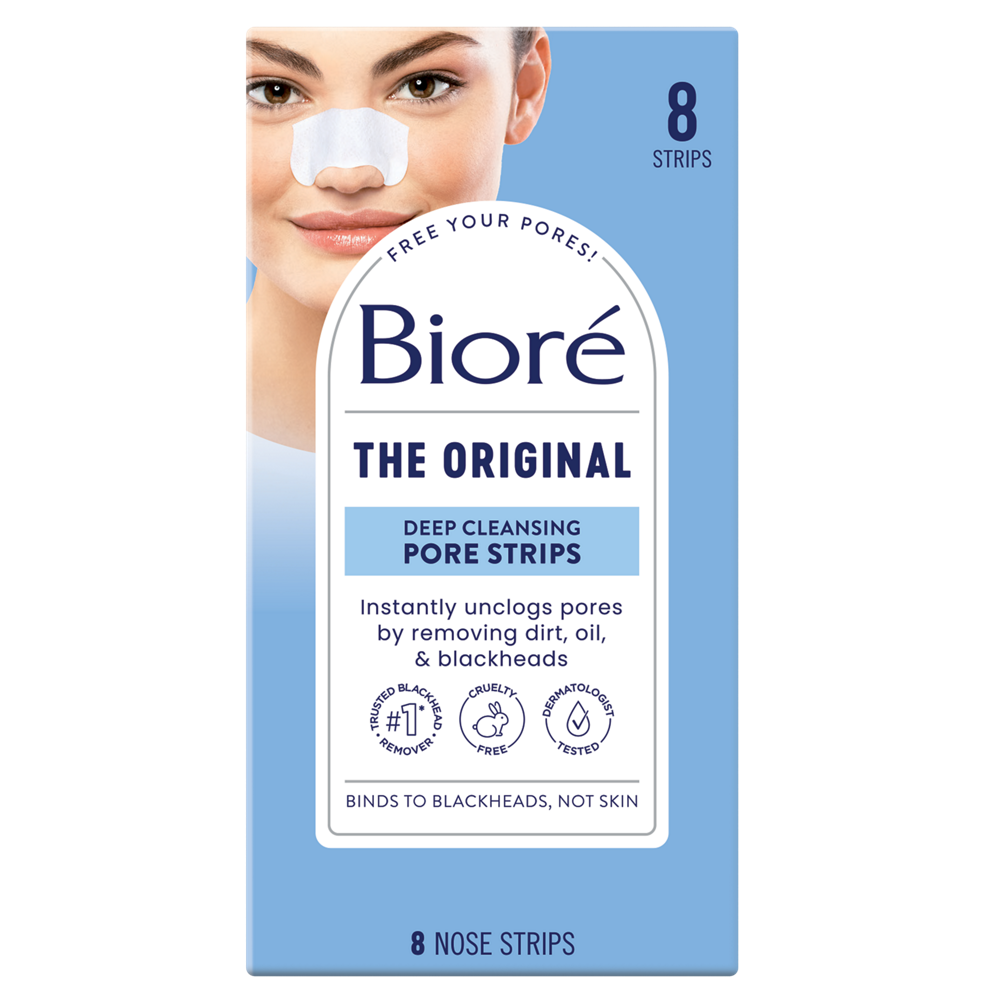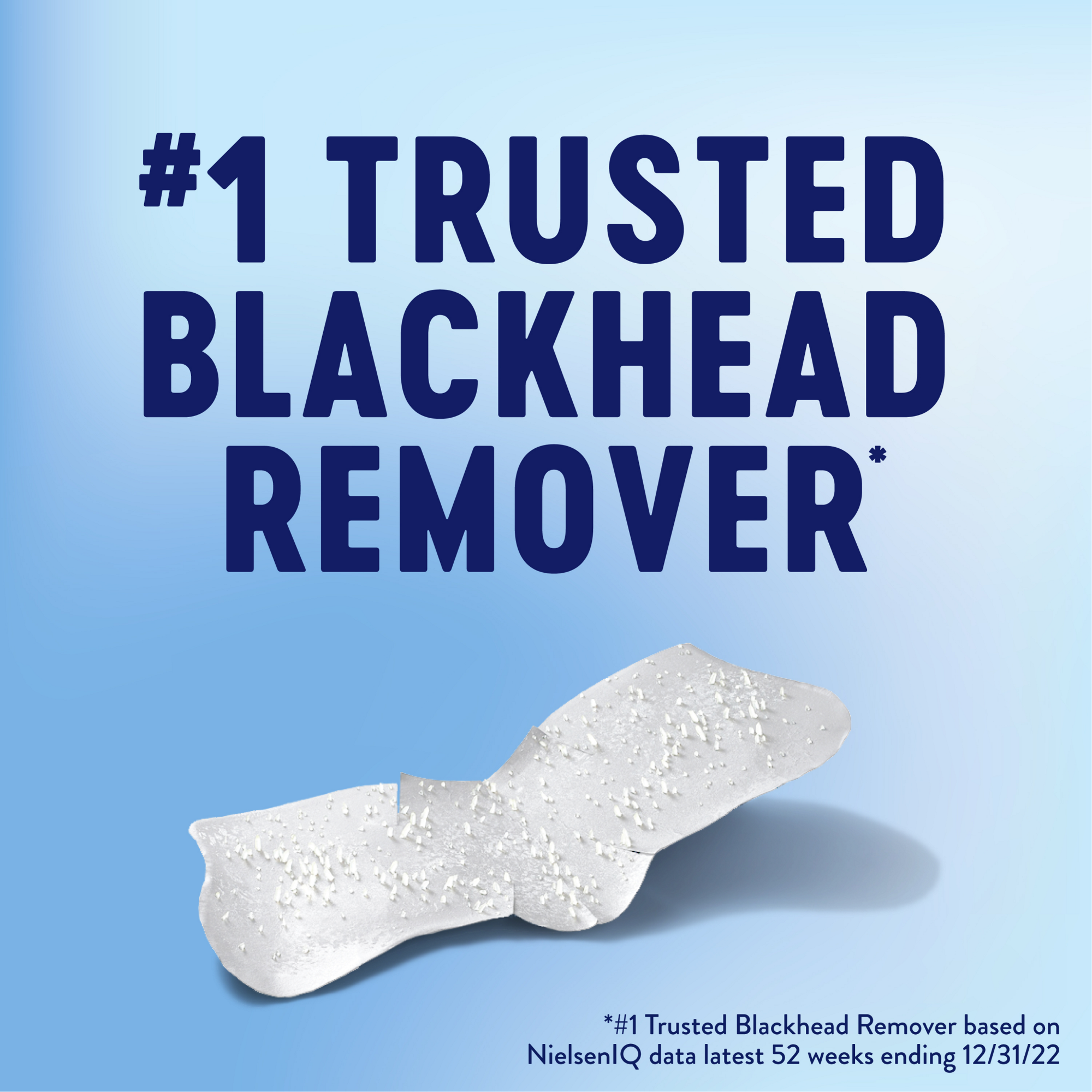Acne-Prone Skin: Treatment and Skin Care

Unlock effective strategies for tackling acne-prone skin throughout your life, beyond the teenage years. Explore solutions for breakouts beyond the face and combat the impact of acne on both your skin and self-confidence with our tips for treatment and skincare. Additionally, mask-wearing during the COVID-19 pandemic has led to even more acne. This guide to acne-prone skin includes tips on how to take care of your skin so that you can be blemish-free and confident in yourself.
What Is Acne-Prone Skin?
If you have acne-prone skin, it means that your skin is more likely to develop pimples and comedones. Comedones are small, skin-colored bumps that are clogged with oil, dead skin cells and bacteria. Although all types of skin can become acne-prone, oily skin is often the most susceptible to developing acne.
Acne Types and Causes

Acne Types
There are three main types of acne: papules and pustules, comedones, and nodules and cysts divided into inflammatory and noninflammatory types.
1. Inflammatory:
- Papules and Pustules: These are probably what come to mind when you think of acne. Papules are raised, red bumps, while pustules have a white center containing pus and red inflammation surrounding it. These are two of the most common types of inflammatory acne.
- Nodules and Cysts: These are another category of inflammatory acne. Nodules are bumps under the skin's surface caused by a bacterial infection, while cysts are a severe, pus-filled type of acne that is often infected. Because nodules and cysts are under the surface of the skin, they require treatments other than traditional over-the-counter solutions.
2. Non-Inflammatory:
- Comedones: These are forms of noninflammatory acne caused by clogged pores, which are also known as whiteheads and blackheads.
There are different ways to get rid of these pimples but before that you need to understand what are some causes of acne.
Acne Causes
Acne is generally caused by hair follicles becoming clogged with oil and dead skin cells. However, it can also be caused by hormonal changes. One of the reasons why acne is so common during teenage years is because androgens increase in males and females at the beginning of adolescence, causing sebaceous glands to enlarge and create more oil.
One of the reasons why acne is so common during teenage years is because androgens increase in males and females at the beginning of adolescence, causing sebaceous glands to enlarge and create more oil
Stress can also lead to blemish-prone skin by increasing oil production, drying out the skin, and increasing levels of stress hormones.
Skin Types
Depending on your skin type, it may be more or less prone to acne. Although oily skin is often associated with acne, dry skin can also be prone to breakouts. There are four main types of skin:
- Oily: Oily skin produces an excess amount of sebum, which is a natural oily substance that causes the skin to appear shiny and greasy. Oil on the skin typically forms on the forehead, nose, and chin.
- Dry: Dry skin usually looks dull and can even become rough, scaly, or flaky. It tends to feel tight and may be more prone to showing fine lines.
- Combination: As the name suggests, combination skin means that your face contains different areas of oily and dry skin. The forehead, nose, and chin, known as the T-zone, are typically oily, while the cheeks are dry or normal.
- Normal: Normal skin is neither oily nor dry, which means that it's usually not prone to breakouts or dryness. However, all skin can be acne-prone depending on factors like stress or how much you are taking care of your skin.
There are different face care tips for each type of skin.
10 Tips for Acne-Prone Skin
Shop Acne Regimen
- Cleanse twice a day: Depending on your skin type, you should choose a cleanser that best fits your skin's needs. If you suffer from acne, be sure to choose a cleanser that includes witch hazel, benzoyl peroxide, or salicylic acid. Salicylic acid eliminates dead skin cells that clog pores, and benzoyl takes care of acne-causing bacteria.
- Don't irritate skin by excessive rubbing: Rubbing the skin can clog pores with dead skin cells and lead to inflammatory acne. Make sure that you're always gentle with your skin to minimize irritation.
- Don't pick: Although it can be tempting, picking at your skin can result in infection and scarring, and it may even make your acne more inflamed and prominent. It can also delay your skin's natural healing process. It's best to leave your acne alone and allow it to clear up on its own.
- Use non-comedogenic products and makeup: If makeup and skincare products are labeled as non-comedogenic, this means that they were specifically formulated so that they won't cause clogged pores or breakouts. This makes them safe to use for those who have acne-prone skin.
- Keep things that come into contact with your skin clean: This means regularly cleaning items that come into contact with your skin, such as your pillowcase, hair, and phone. Experts recommend washing your pillowcase every two weeks. Washing your hair every day can be helpful if you have acne, and you should also pull your hair off your face if possible.
- Try a scrub specifically for acne: Scrubs are an effective acne treatment because they remove dirt and oil that causes acne and eliminate breakouts in just a few days. Look for an oil-free scrub to prevent contributing to more breakouts.
- Keep your pores clean to prevent clogged pores that lead to acne: To keep your pores clean, use a gentle cleanser twice a day to remove excess dirt and oil. You should also exfoliate once a week to remove dead skin cells.
- Be patient: Because your skin regenerates itself every 27 days, it's important to give new products at least four weeks before judging their effectiveness. However, it's best to wait eight to 12 weeks to notice a product's true results.
- Be consistent: Consistency is key when it comes to your skincare routines and treatments. Results won't show up overnight, so establish a routine and stick to it daily.
- Choose a skincare routine that fits your skin: Depending on your skin type, you'll need to choose a routine that best fits it. If you have oily skin, opt for products containing salicylic acid, benzoyl peroxide, and glycolic acid. If you have dry skin, you should look for products that contain lactic acid as they increase moisture and lead to softer skin. People with combination skin often benefit from hyaluronic acid, as it hydrates the skin while also smoothing the appearance of fine lines.
If your acne persists, you should talk to a dermatologist about prescription products or procedures such as lasers or chemical peels. These can speed up the healing process by encouraging the skin to turn over more rapidly.
Finding the Right Skincare Routine for Acne
Having a skincare routine for acne is crucial, as it can help your skin stay in good condition and reduce the likelihood of breakouts. The essentials include:
- Cleanser: Look for a cleanser with salicylic acid, and be sure to select a formulation that best fits your skin type. For example, creams are suitable for dry or sensitive skin, while foams are ideal for combination or oily skin. Be sure to cleanse your face twice a day for optimal results.
- Toner: Using a toner is a great way to remove oil from your skin and remove any impurities that have accumulated in your pores, including oil and grime.
- Moisturizer: Moisturizer is an essential step for all skin types, even oily. In fact, if oily skin can often be caused by a lack of consistent moisturization that triggers overproduction of oil to compensate. You can moisturize as many times a day as you feel necessary, although experts generally recommend moisturizing twice a day to keep your skin hydrated.
- Sunscreen: You should be applying sunscreen with at least SPF 30 every day, especially if you're using acne treatments that make your skin extra sensitive.
- Exfoliant: An exfoliant scrubs away dead skin cells to prevent clogging and inflammation. Be sure not to go overboard, as it can lead to irritation. It's best to limit exfoliating to once or twice a week.
Key Takeaways
- Whether you suffer from papules and pustules, comedones or nodules and cysts, acne is typically caused by hair follicles becoming clogged with oil and dead skin cells. Although oily skin is usually most prone to acne, all skin types can experience breakouts, including dry, combination, and normal.
- One of the most important tips to keep in mind when dealing with acne-prone skin is to be patient and consistent. You won't see results overnight, so it's important to maintain a regular skincare routine and not be discouraged if your skin isn't improving as quickly as you'd like it to. It's also crucial to keep your pores clean to prevent any future breakouts.
- Last but not least, creating a routine specifically suited for your skin's needs is essential to maintaining healthy, glowing skin. Your routine should include a cleanser, toner, moisturizer, sunscreen, and exfoliant.
Although dealing with acne can be frustrating, you don't have to let it negatively affect your well-being. Instead, focus on consistent morning or nighttime skincare routines to help you achieve smooth, clear skin.
